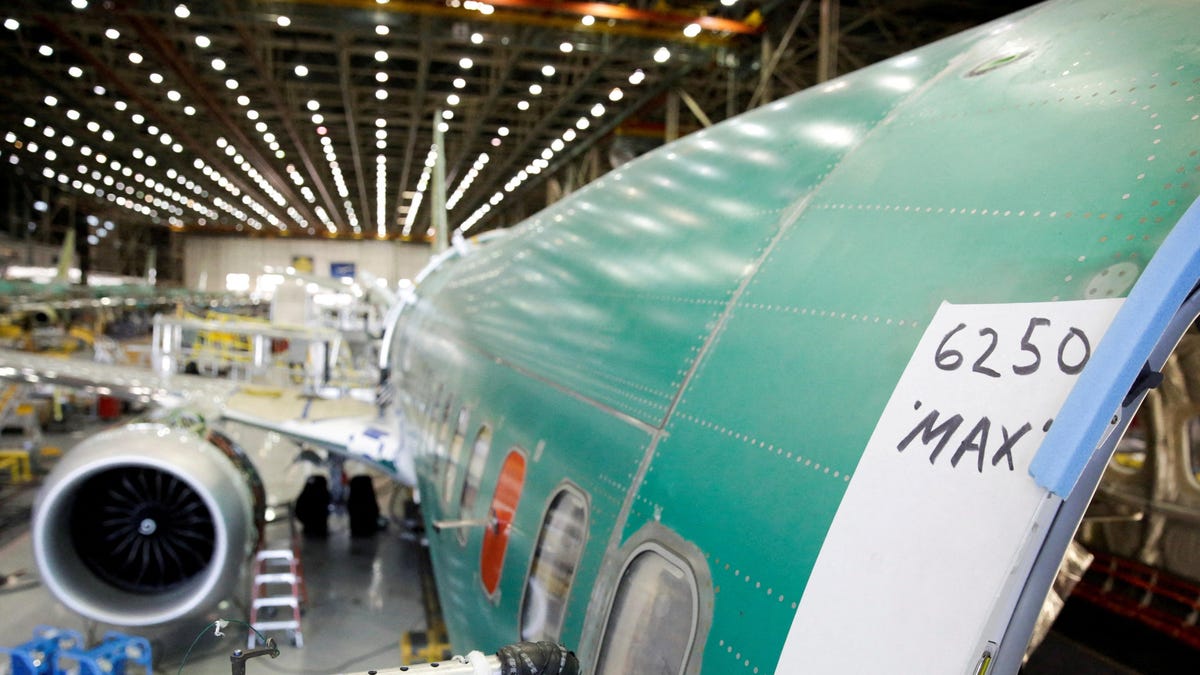Boeing’s Recent Setback in Plane Deliveries
Boeing, a prominent aircraft manufacturer, faced a significant setback in delivering planes during the first quarter of this year. The company reported that only 83 of its jetliners were delivered to customers from January to March. This marked the lowest number since 2021, when production was still rebounding from a slowdown caused by the global pandemic.
Production Challenges and Regulatory Scrutiny
In the last quarter of 2023, Boeing had delivered 157 planes, indicating a notable decline in the recent quarter. This decline occurred as Boeing aimed to increase production levels to regain its lead over its French competitor, Airbus. However, the company encountered challenges due to heightened regulator scrutiny following a safety incident involving an Alaska Airlines 737 Max 9 aircraft in January.
This incident prompted regulatory interventions, such as the Federal Aviation Administration’s scrutiny of Boeing’s safety culture. Additionally, the company faced a criminal probe by the Justice Department and lawsuits from passengers aboard the affected Alaska Airlines flight. These factors contributed to the slowing of production processes.
Impact on Production Rates and Customer Requests
Prior to the Alaska Airlines incident, Boeing had projected an increase in 737 Max output from 38 planes a month to 50 by 2025. However, following the incident, the company revised its production guidance and maintained its then-current production rate. Presently, Boeing is delivering only 27 planes per month, significantly lower than the projected rate.
As a result of delayed deliveries, airline customers, such as United Airlines, have expressed impatience and explored alternatives. United Airlines reportedly considered leasing planes from Airbus due to the prolonged wait for Boeing aircraft. This shift indicates the growing dissatisfaction among customers awaiting the delivery of 737 Max jets.
Current Challenges and Market Response
While 2024 was anticipated to be a year of recovery for Boeing and a chance to overcome past crises, the Alaska Airlines incident disrupted these expectations. CEO Dave Calhoun’s plans for a turnaround were impacted by the aftermath of the incident, leading to unforeseen challenges for the company.
Boeing’s stock performance reflects these challenges, with a significant decline in value throughout the year. The company’s stock has fallen by approximately 29% so far in 2024, positioning it as one of the poorest performers in the S&P 500 index. Furthermore, credit rating agency Fitch has raised concerns about Boeing’s default risk, signaling potential repercussions for the company’s financial standing.
As Boeing prepares to announce its earnings in the coming weeks, the company faces the task of addressing production issues, regulatory concerns, and customer demands to chart a path towards recovery and regain market confidence.
Image/Photo credit: source url





